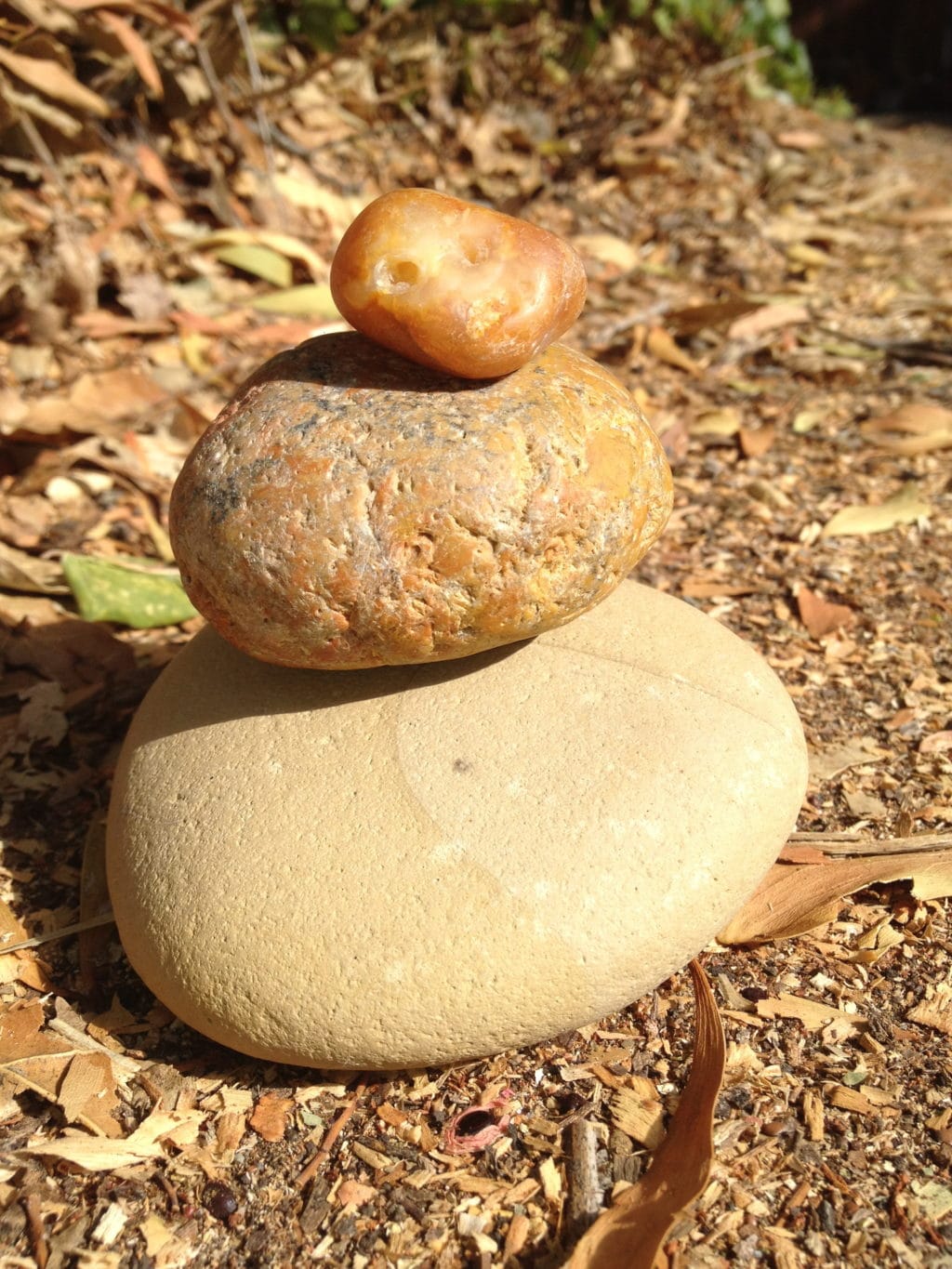In the previous post, I began a way of looking at three levels of anxiety: Personal, Cultural, and Spiritual (relation to the unknown). The last post described an example of some personal anxiety, but it is really impossible to separate the three, because one is based on the other, such as a rock is on a mountain, and the mountain is on the earth; personal, is based on cultural, which is based on the spiritual.
Cultural anxiety

I think if we first look into how anxiety operates in the culture, then we might be able to see how it operates in us as individuals. We were born and bred in this culture. The family and culture are, our people. We begin with these people from birth. Our parents, relatives, and community are our teachers. When there is this degree of immersion, we believe what they tell and show us in conscious and unconscious ways. They show us how to be peaceful and anxious.
At a basic level anxiety protects us from being hurt. It has been handed down through the ages in various religious beliefs, social etiquette, and personal rules which protect our sense of belonging within a family, culture and the unknown. (Cultural Complexes and the Transmission of Group Traumas in Everyday Life, Sam Kimbles, PhD; Psychological Perspectives, Spring 2006)
Learning from the past: safety and equality in the present
For example, people of Jewish origin are still feeling the ripple effects of persecution appearing in subtle and not so subtle forms of anxiety. Women are still feeling anxious from male dominated generations of the past and present. All of these situations are a source of emotional pain which produces the feeling of being anxious. So, we are not blaming our parents and culture for our anxiety but realizing a simple cause and effect, both positive heritage and negative heritage.
If someone is neglected or punished for a natural emotional reaction growing-up, the pain and rejection of that, creates anxiety as a warning signal, so that situation never happens again. Who wants to be treated negatively for their expression of feelings, thoughts, or behavior? Consequently, anxiety begins to guide us unconsciously based on previous encounters with cultural attitudes.
Cultural anxiety comes out of rigid rules based on beliefs about family life, work ethics, religious values, parenting, money, sex, emotions, just to name a few. Some of these values may be based on trauma from poverty, war, genocide, sexual abuse, etc., that goes back generations. Where there was trauma and hardship in a past generation, there is anxiety in the current generation.
As we study our anxiety, we begin to see what is no longer relevant.
The first step, is to make these unconscious attitudes and stories conscious, by saying them out loud to someone, write them in a journal, express them in some creative form. The more these stories can be made objective, the easier to sort out whats what and let go of the unnecessary and false attitudes that served to protect us, but now block us from living a full life.
This anxiety has a depth. It is not just an inadequacy. It’s not just a weakness, even though, it gets in our way of living. Looking into our anxiety is looking into our ancestry. If any of my parents or grandparents experienced trauma, I’m sure I can find where that trauma is playing out in me, but I am unaware of it.
Through this process, I begin to understand that most of this being anxious is not personal, it is not mine. It has been handed down through the family psyche, like hair color. As I see the story “we” have been telling ourselves and possibly how “I” learned that story, I can evaluate it’s usefulness now. Then, I can trust a “new way” and try not to identify with an old attitude. This is evolution of culture. See next post: Overcoming Anxiety: Spiritual Anxiety(relation to the unknown)
